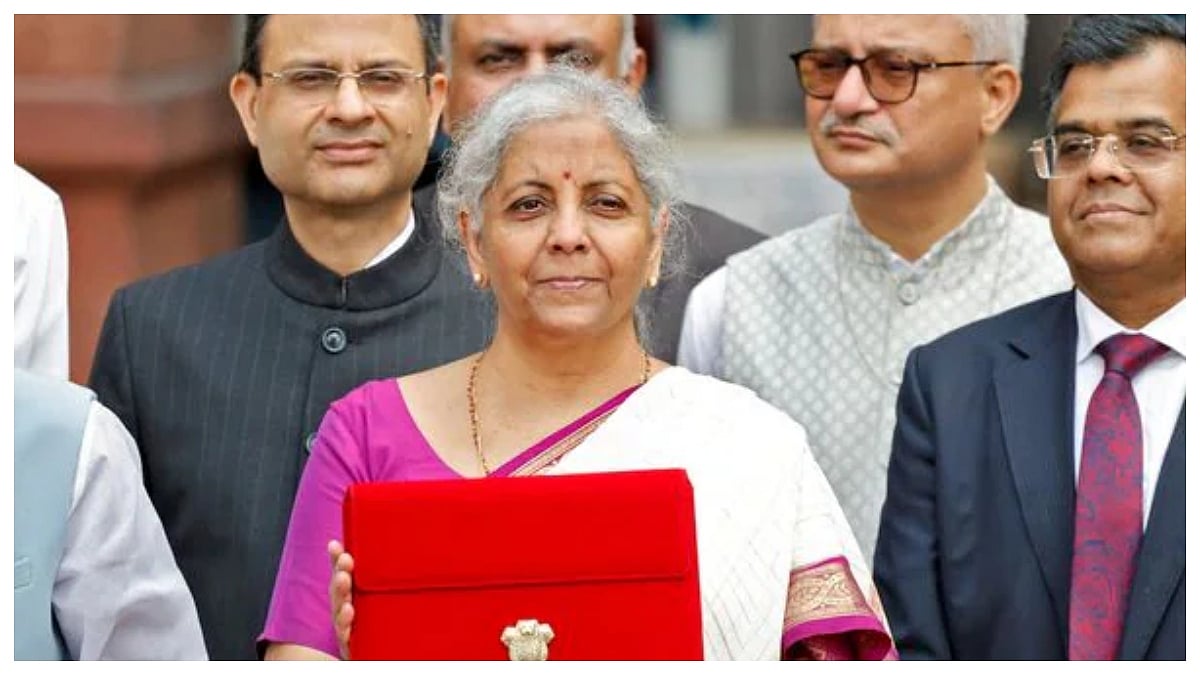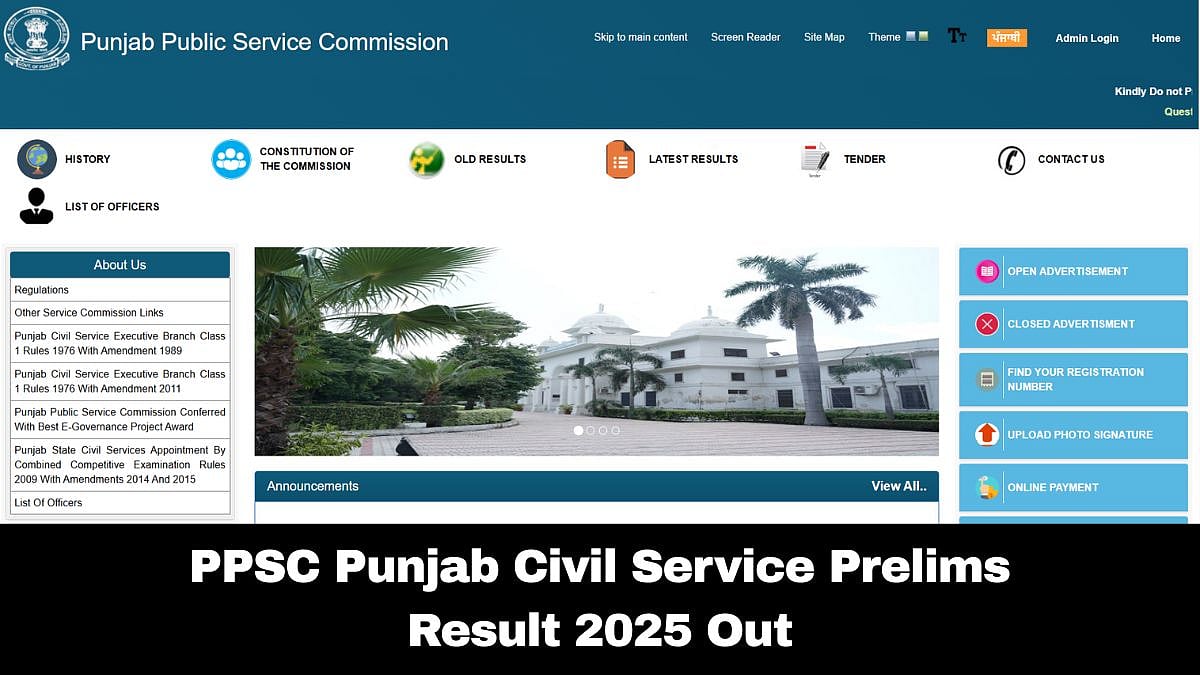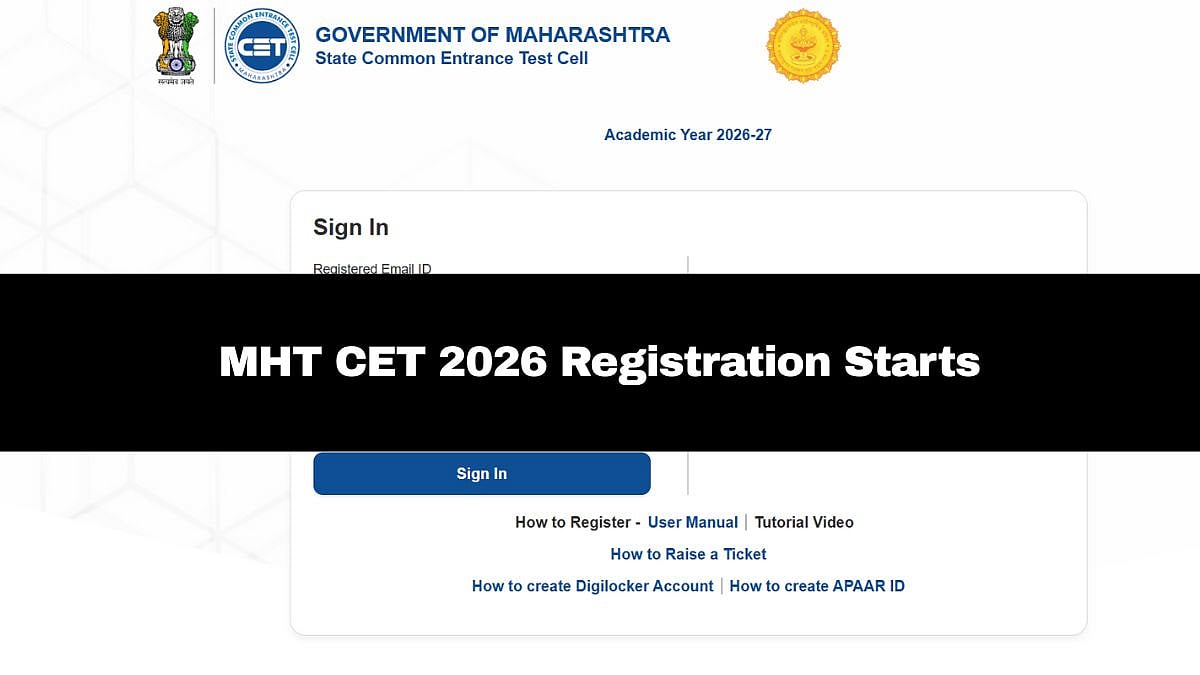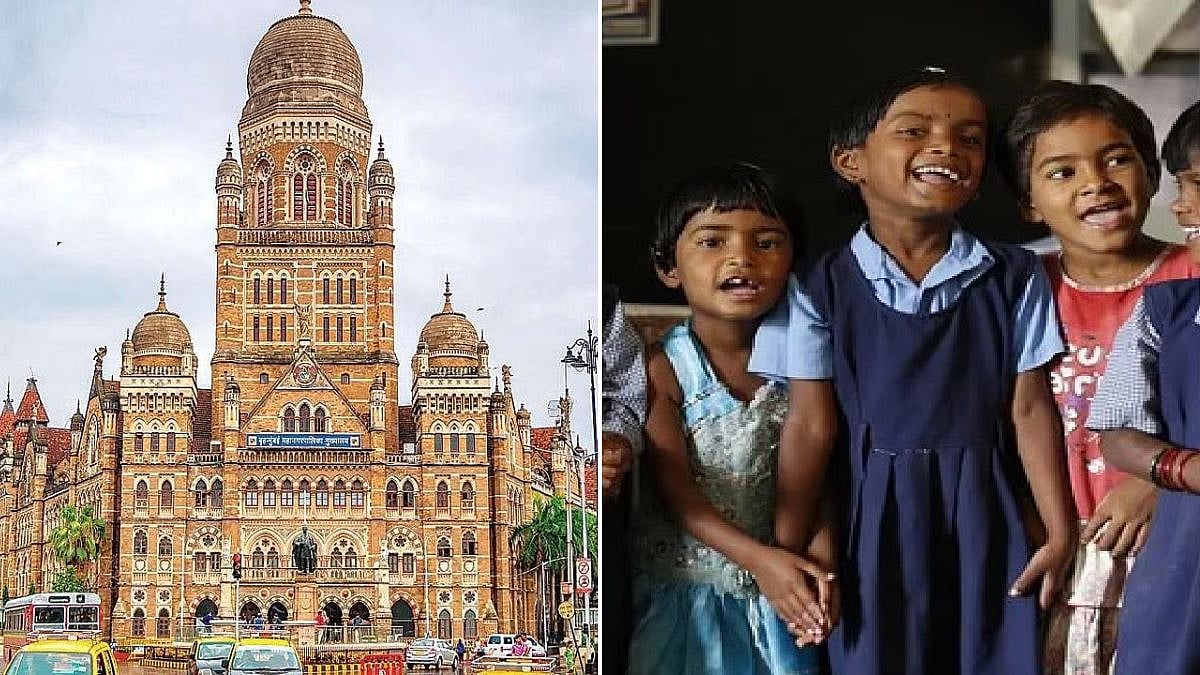Crafting is more than just a recreational activity for young children; it is a doorway to overall growth. Every year on Mar 14, National Children's Craft Day celebrates the potential of creativity in young brains. During an interview with The Free Press Journal (FPJ), Dr Deepanjali Deshmukh, a child and adolescent psychiatrist and play therapist, discusses the multiple advantages of crafts for a child's development.
According to Dr Deshmukh, crafts can play an important role in developing young brains, including promoting creativity and imagination and building confidence and social skills.
FPJ: What are the benefits of crafts for children’s development?
Dr Deshmukh: Crafting is a fun and interactive way to engage with children. It has a positive impact on brain development in children. It fosters creativity and gives children the opportunity to expand their imagination.
For some children, crafts can serve as a powerful tool for self-expression, especially in therapeutic settings where talking about feelings might be challenging. Every successful project leads to building confidence.
Furthermore, crafts nurture the development of fine motor skills and hand-eye coordination through activities like using kid-safe scissors. Beyond these physical benefits, crafting also helps children develop critical thinking and problem-solving skills.
When working in groups, crafting fosters social skills like taking turns, sharing materials, appreciating others' creations, and even building friendships.
FPJ: Crafting often involves problem-solving and following instructions. How does this engagement benefit children's cognitive development?
Dr Deshmukh: Crafting often requires children to overcome various challenges, such as figuring out how to assemble pieces or solve design problems. This process encourages critical thinking and problem-solving skills as they find creative solutions to overcome obstacles.
It involves stepwise instructions, but mostly these are not rigid rules. Therefore, a child gradually develops an understanding that the same results can be obtained by using different tools.
FPJ: Can crafting be a tool for children who struggle with focus or attention? If so, how?
Dr Deshmukh: Yes, crafting is indeed a beneficial activity, specifically for children who struggle with focus. Incorporating these elements into crafting activities can create an environment that is conducive to maintaining attention and concentration, making it an effective tool for children, who struggle in these areas.
Additionally, the hands-on and multi-sensory nature of crafting can make the experience more enjoyable and rewarding for children, further motivating them to stay engaged and focused on the task.
FPJ: Many children struggle with self-expression. How does crafting serve as a tool to explore creativity and emotions?
Dr Deshmukh: Children can use various craft materials to express their feelings and emotions. Using arts and crafts to express and explore emotions is important for children. Sometimes children can come to terms with loss or adversity using craft as a medium.
I have seen some children creating origami birds to send messages to their dead relatives and thus gradually processing that grief through craft. Creative expressions are a powerful source of emotion regulation. It helps children to come to terms with complex emotions in a supportive environment.
FPJ: Some children might struggle with perfectionism or frustration during a craft project.
Dr Deshmukh: Parents and educators can encourage children to enjoy crafts by highlighting the following points: Teach children to focus on the process rather than on the outcome. This is an important attitude not just for crafting but for everything in life. So instead of praising your child just for the outcome, praise the process like “I loved the way you used those colours with so much precision.”
“I am so proud of you for thinking of this activity in a unique or new way.” Emphasise the value of experimentation, creativity, and self-expression, regardless of the outcome. Teach children to consider mistakes as learning opportunities. Always tell them that failures and mistakes are a natural part of the process. Don’t be too much involved in their project but provide them with resources and support whenever necessary.
FPJ: Do the benefits of crafting differ for children in different age groups (preschoolers vs teenagers)? If so, how can we tailor craft activities to maximise their impact at each stage?
Dr Deshmukh: Even though crafting is beneficial for every stage of life, its advantages differ for each stage. For preschoolers, the benefits of crafting are for developing fine motor skills, hand-eye coordination, critical thinking, social skills, emotional regulation, etc.
So for these children crafting activities like finger painting, sensory beans, beads threading, simple origami arts and collage making can be used. These activities should be more open-ended to foster creativity.
While for teenagers, we can decide on activities based on their interests and goals. We can use crafts for skill building and can be used in the real world like jewellery designing, knitting, sewing, pottery, etc. Or the activities that provide opportunities for self-expression through more complex and personalised projects, such as art journaling, mixed media art, or DIY fashion.
FPJ: We know crafting can be relaxing. Can you explain the neurological or psychological processes behind how crafting reduces stress in children?
Dr Deshmukh: Mindfulness, when we are submerged in any activity then generally, we are completely present in the current moment here and now, which is called a flow-like state in mindfulness. Regular crafting has similar benefits for our brains and bodies.
Activation of the parasympathetic nervous system, any kind of rhythmic and repetitive activity, (like knitting) helps us to relax by activating the parasympathetic nervous system. It helps us to focus attention on the task at hand rather than being worried about the future or past.
FPJ: Do you think giving children control over the crafting process helps them?
Dr Deshmukh: Giving children control over their crafting activities maximises the developmental benefits associated with it. Though crafting involves following step-wise instructions, children should have the freedom to personalise their projects. They should be given the freedom to choose colours, materials and methods they want to go about it.
They should be allowed to do adequate research for their project. There should be a balance between gentle guidance and autonomy given to the children. Children should have enough freedom to call this project their own.
FPJ: What message would you like to share with parents and educators about fostering creativity through crafting in young minds?
Dr Deshmukh: Fostering creativity through crafting is essential for children's development. It cultivates problem-solving skills, resilience, and self-expression. By providing opportunities for exploration and experimentation, crafting empowers children to think critically and approach challenges with creativity and resourcefulness.
Let's prioritise creativity in our homes and classrooms to inspire the next generation of innovators and thinkers. And not just for children, crafting is important for grown-ups as well.











